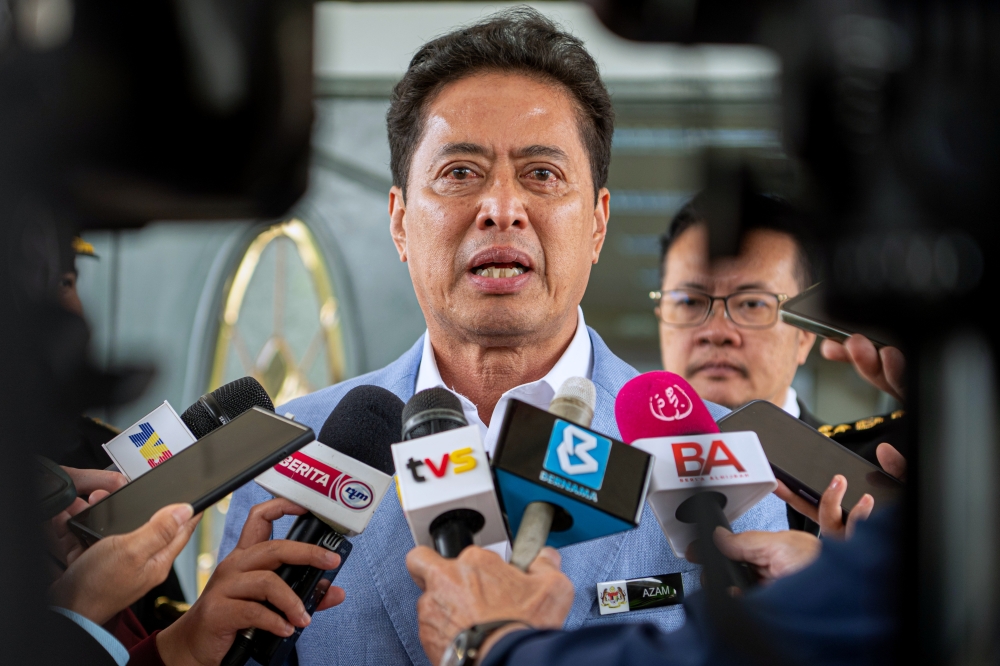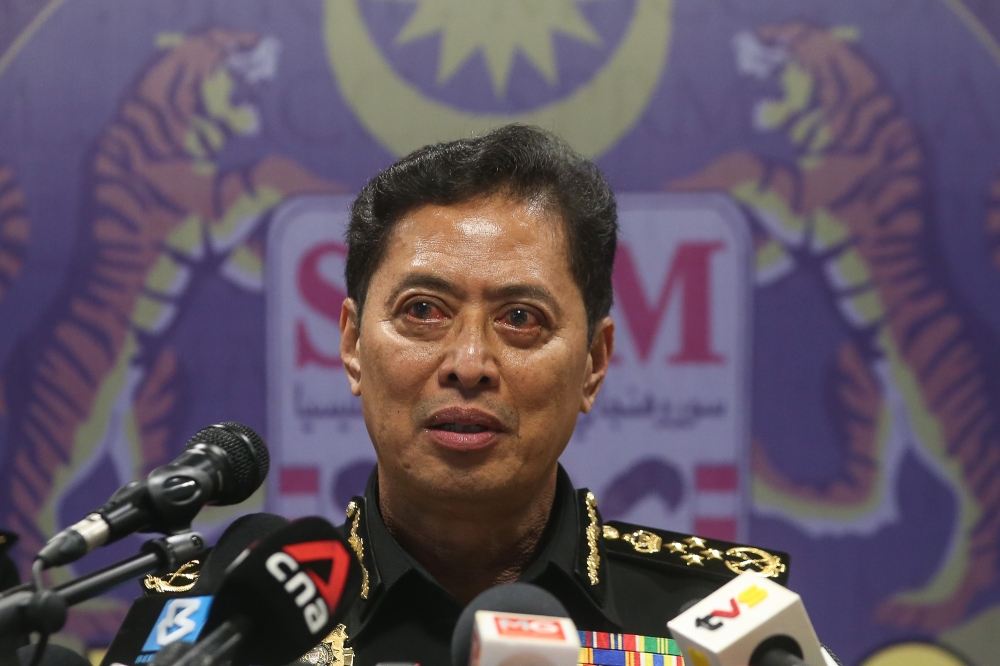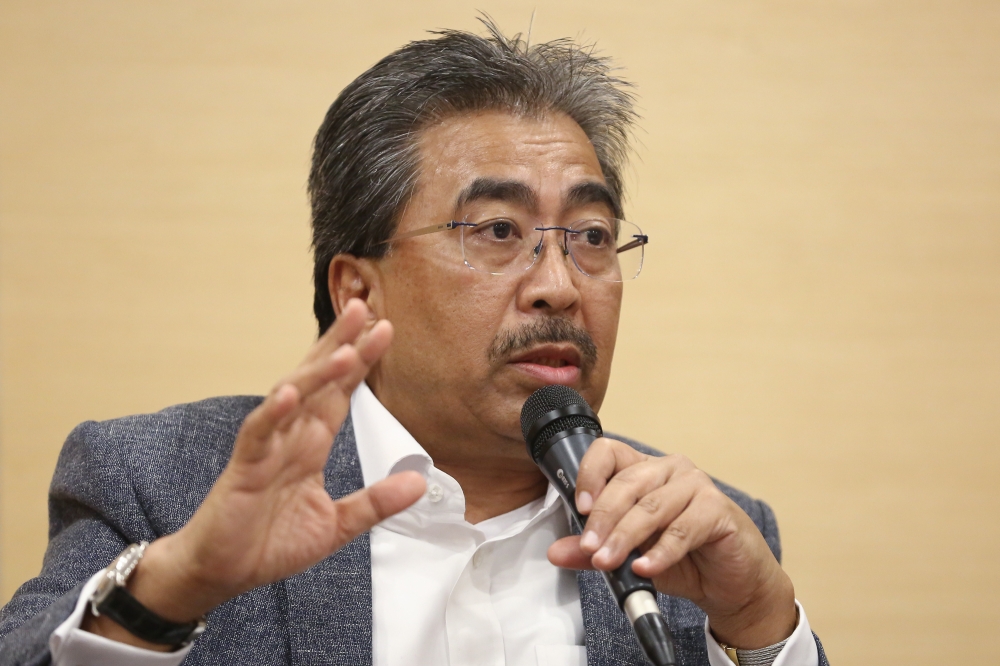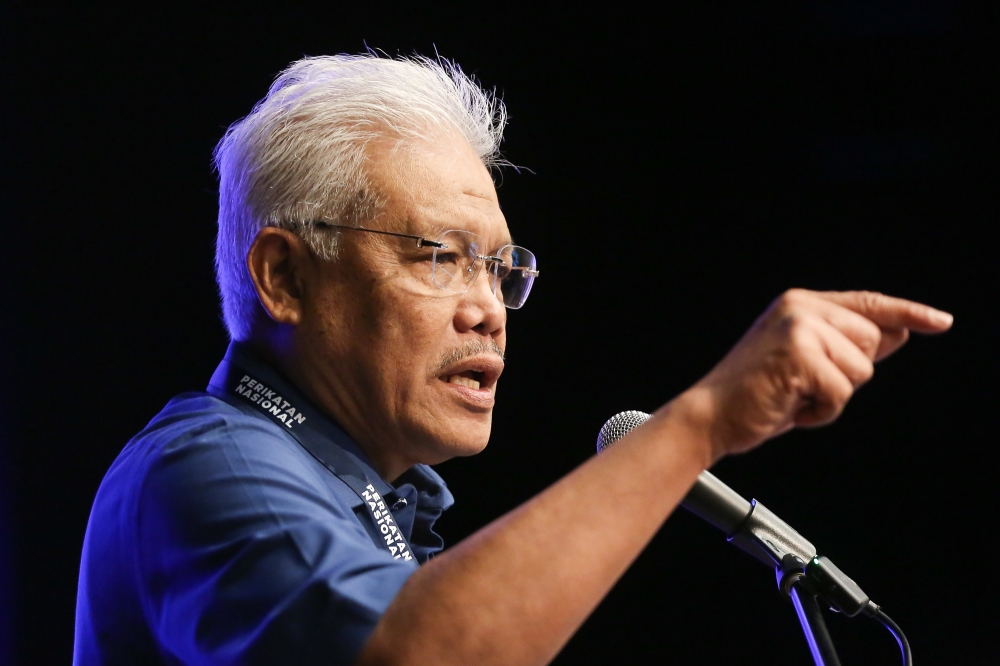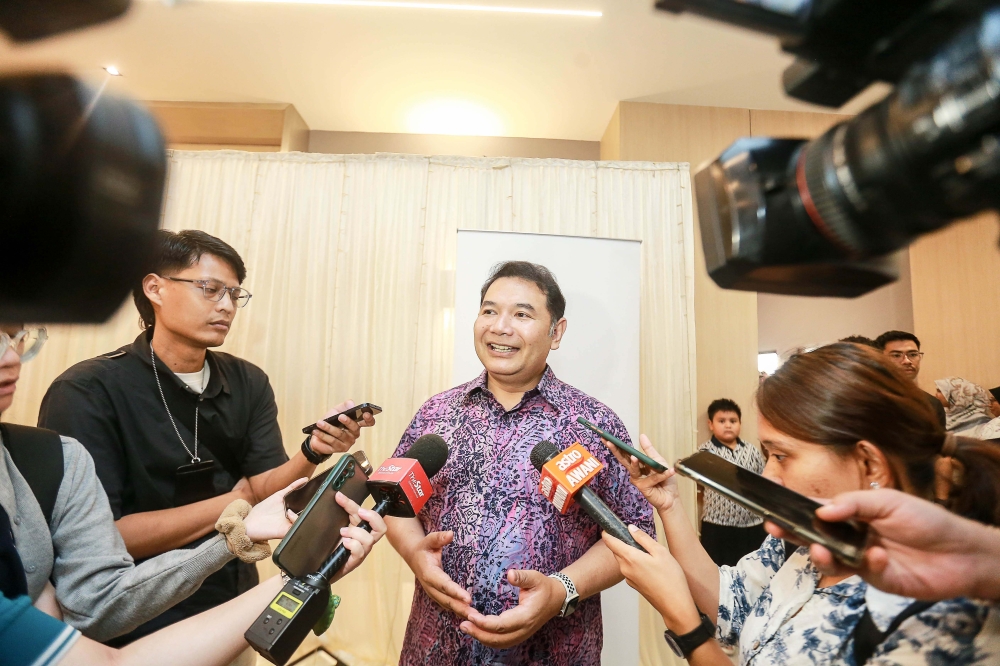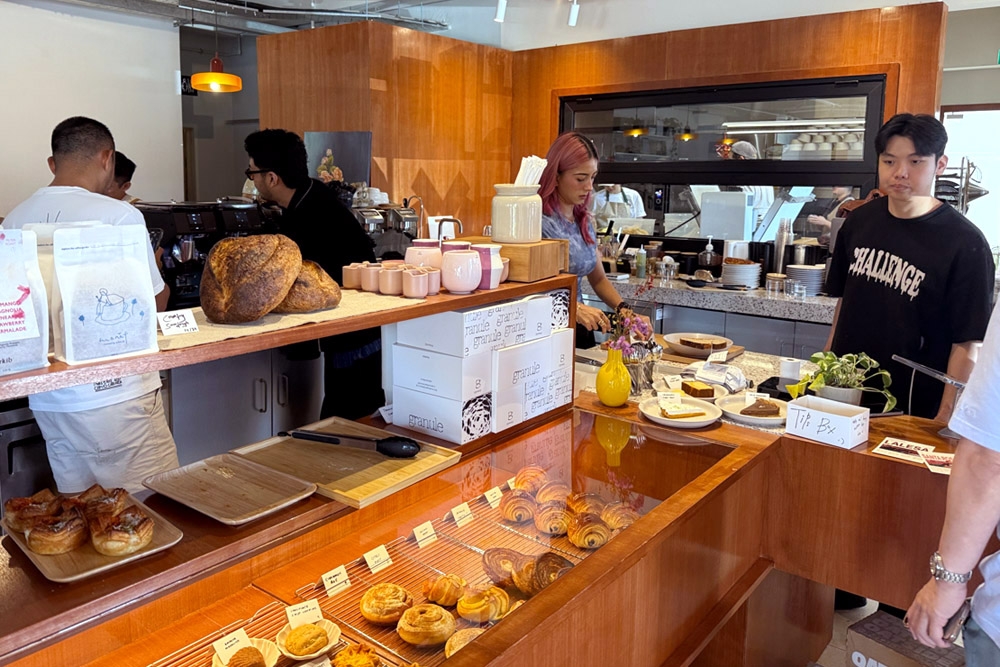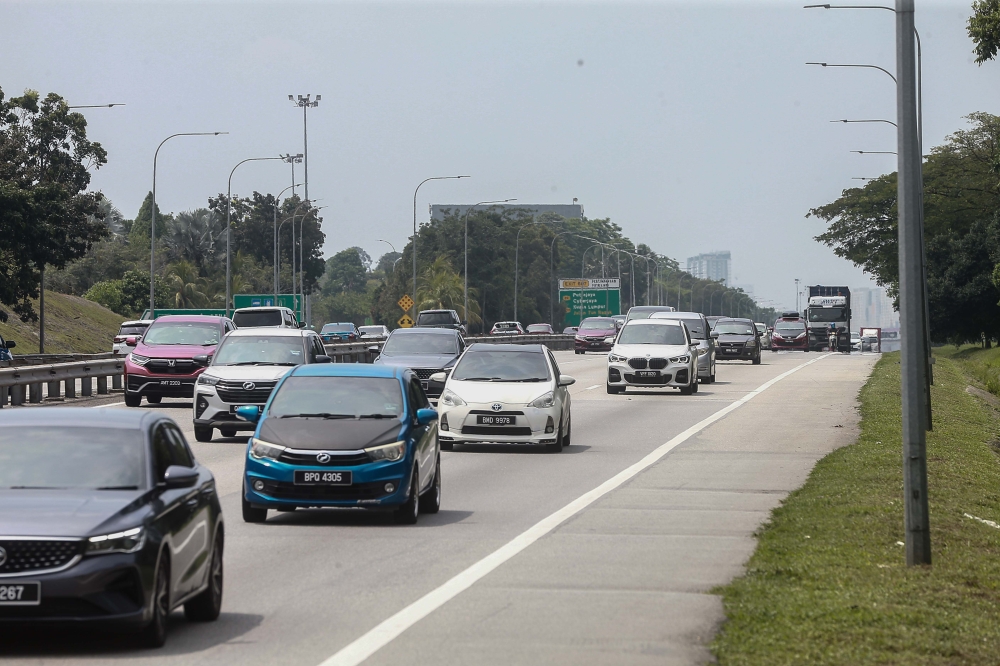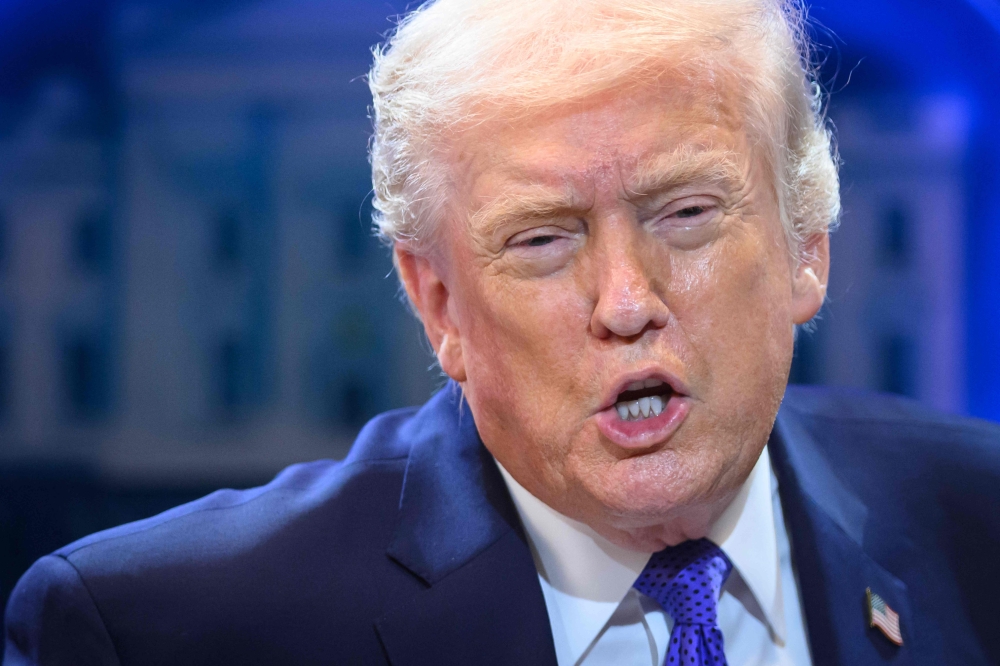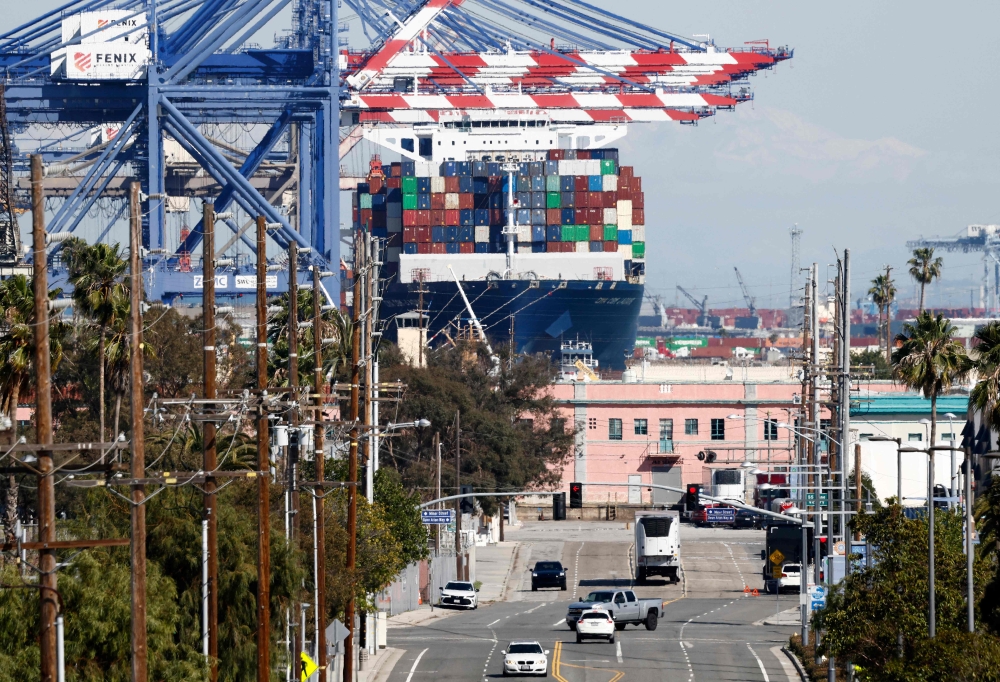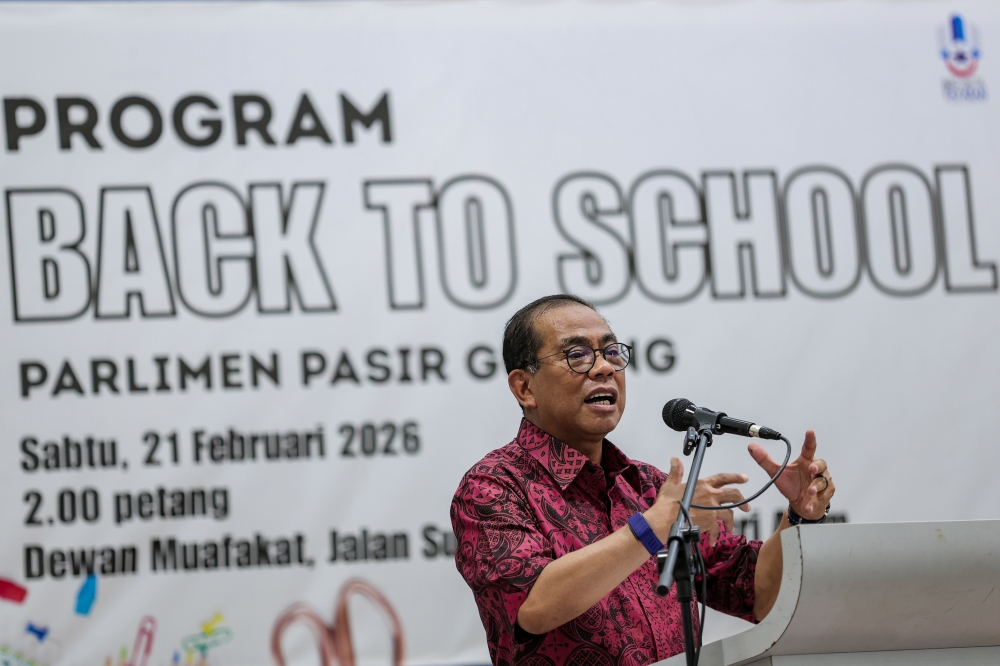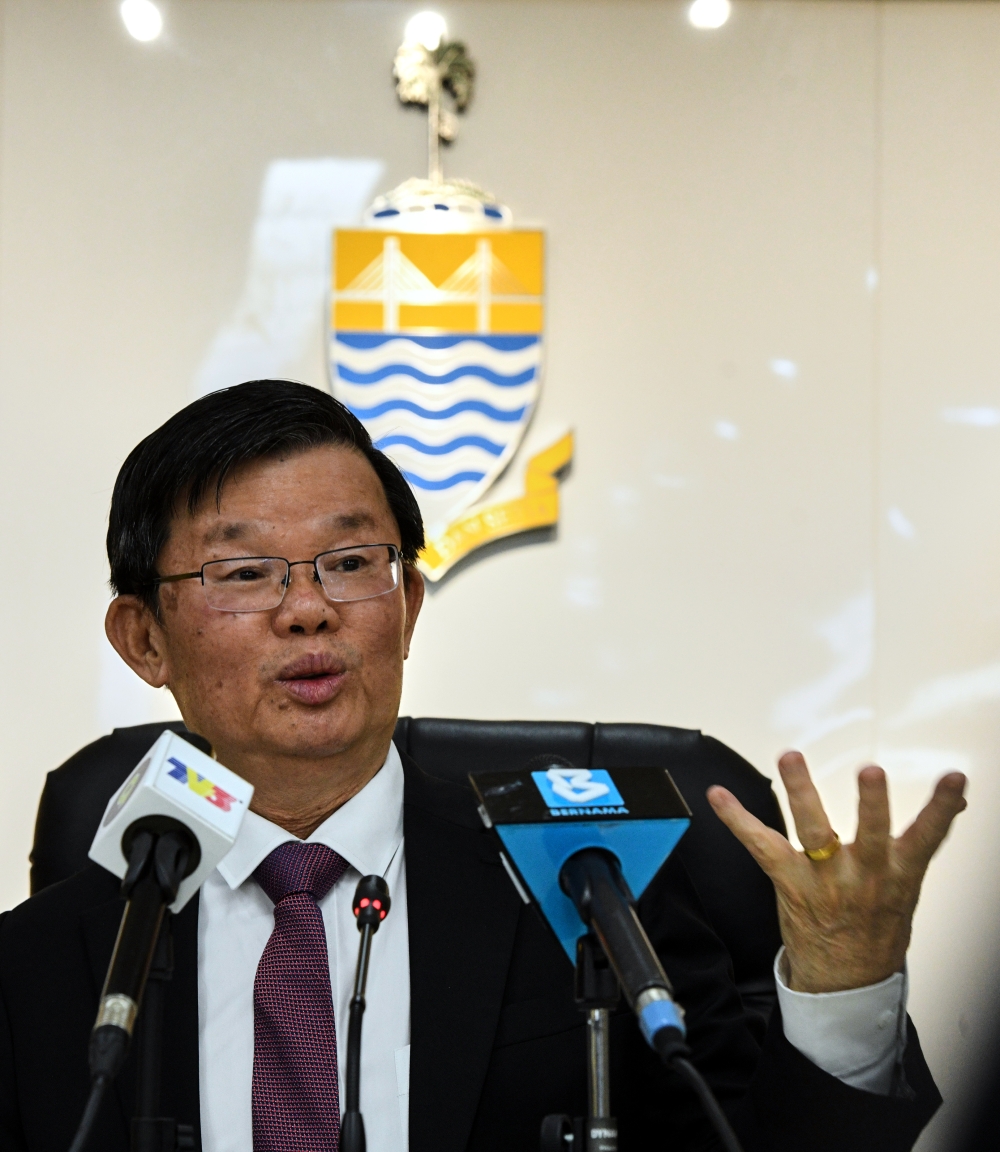KUALA LUMPUR, Nov 29 — The recently announced ‘Buy Malaysian Products Campaign’ and ‘Mega Sales Programme’ are timely initiatives, especially with the ban on interstate travel being lifted on October 11, economists said.
UniKL Business School Assoc Prof Aimi Zulhazmi Abdul Rashid said this based on Malaysians shopping patterns even through the various Covid-19 lockdowns.
“Malaysians are known to be avid shoppers. Even during the pandemic lockdowns, the online marketplace or e-commerce was booming.
“Ever since interstate travel was allowed, there has been tremendous growth in spending as Malaysians travel around the country and uplift the domestic economy,” Aimi told Malay Mail when contacted.
For example, he said, the tourism, retail and transportation sectors recorded significant turnover in the last quarter of 2021.
“So this will go well with the government’s intention to boost the economy further with mega sales, especially to help the retailers i.e. micro, small and medium businesses that have been suffering throughout the pandemic lockdown,” he said.
He pointed out that there was still cash injected into consumer pockets from the various programmes launched by the government, especially from the last programme announcements and Budget 2022 which included moratoriums, Bantuan Prihatin Rakyat (BPR) and Employees Provident Fund (EPF) withdrawals.
“What is more important is to enforce the purchase of local products over imported goods.
“This will help the local supply chain to recover and grow subsequently.
“Other countries are doing the same to boost their domestic economy, especially the retail sector; for example, Thailand launched the ‘Amazing Thailand Grand Sale’ in the middle of this year, and Singapore also did the same this month,” he said.
Commenting on whether Malaysians still have sufficient funds to spend in the next few quarters, Aimi said this can be seen from consumer spending after interstate travel was allowed.
He added that there is still the top 20 (T20) per cent group and a high segment of the middle 40 per cent (M40) group that have cash as their income is stable.
Up to standard
Airing similar views, Socio-Economic Research Centre executive director Lee Heng Guie said as long as the campaigns are held consistently, this should encourage more Malaysians to support local products, and in turn, reduce the dependency on imported goods.
“I don’t think there is a ‘right time’ to organise these types of campaigns because encouraging Malaysians to support local products is a good initiative.
“But Malaysians have to first accept their own products,” he said.
He stressed that if the government is serious about promoting Malaysian-made products it has to ensure that a certain quality is maintained to be on par with imported items.
“Product quality is the main consideration for any consumer. It is not just about affordability and price compatibility.
“Quality matters a lot because consumers have a lot of other alternatives.
“Bear in mind that with RCEP (Regional Comprehensive Economic Partnership) and the CPTPP (Comprehensive and Progressive Agreement for Trans-Pacific Partnership), there will be more influx of imported goods into the local market,” he said.
Lee also suggested that for the government to really push the buy made-in-Malaysia product campaign, it must be consciously thinking about how the government can work together with relevant agencies and collaborate with the private sector.
“Another area that needs attention is after-sales services, and this is an important trait needed by local manufacturers or retailers as this would determine the product standard is able to be on par with imported choices.
“All this matters, even packaging. So you need to find out what are the things that could convince Malaysians to give local products priority over the alternatives,” he said.
Tendency to overspend
Meanwhile, Universiti Malaya’s Professor Mohd Nazari Ismail said there is no need for the government to organise such campaigns, citing the nation’s very high household debts — about RM1.17 trillion.
“So obviously, many Malaysians are already overspending, and therefore, I don’t think there is any need for the government to do a campaign encouraging Malaysians to spend.
“If they do need to spend money on necessities (such as food and other necessities), there is no need to worry, they will do it by themselves without the need for the government to encourage them,” said Nazari when contacted.
He also warned that in a situation of supply disruption at the moment due to the Covid-19 pandemic, too much demand can actually result in inflation.
“We are already hearing reports of food prices going up. Even Gardenia, the bread manufacturer, announced an increase in the price of their products.
“What is more challenging is encouraging people to save money for their old age. The EPF is reporting that many people have inadequate savings for their retirement.
“So the government should be focusing on efforts encouraging people to avoid unnecessary spending and save more for their retirement,” he said.
Based on Nazari’s ground observations, he found that some are still unable to spend rationally.
“When they were allowed to withdraw money from their EPF account to help them cope with Covid-19-related financial problems, many spent the money on new mobile phones. This is what one mobile phone retailer told me.
“There are also many cases of people overspending on online platforms, such as Lazada and Shopee, using their credit cards. As a result, many are facing financial problems,” he said.
He added that with the reported increase in suicides due to financial problems, he was more concerned about overspending, rather than a lack of spending among consumers as an impact of the pandemic.
In suggesting a remedy to the current pandemic situation, Nazari said those with ample means (i.e. the rich) should help others who are severely affected by the pandemic.
“The government leaders should set a good example by donating a part of their salaries or perks.
“The government should also reduce unnecessary expenditure — luxury SUVs/MPVs for ministers is not a good example,” he said.



